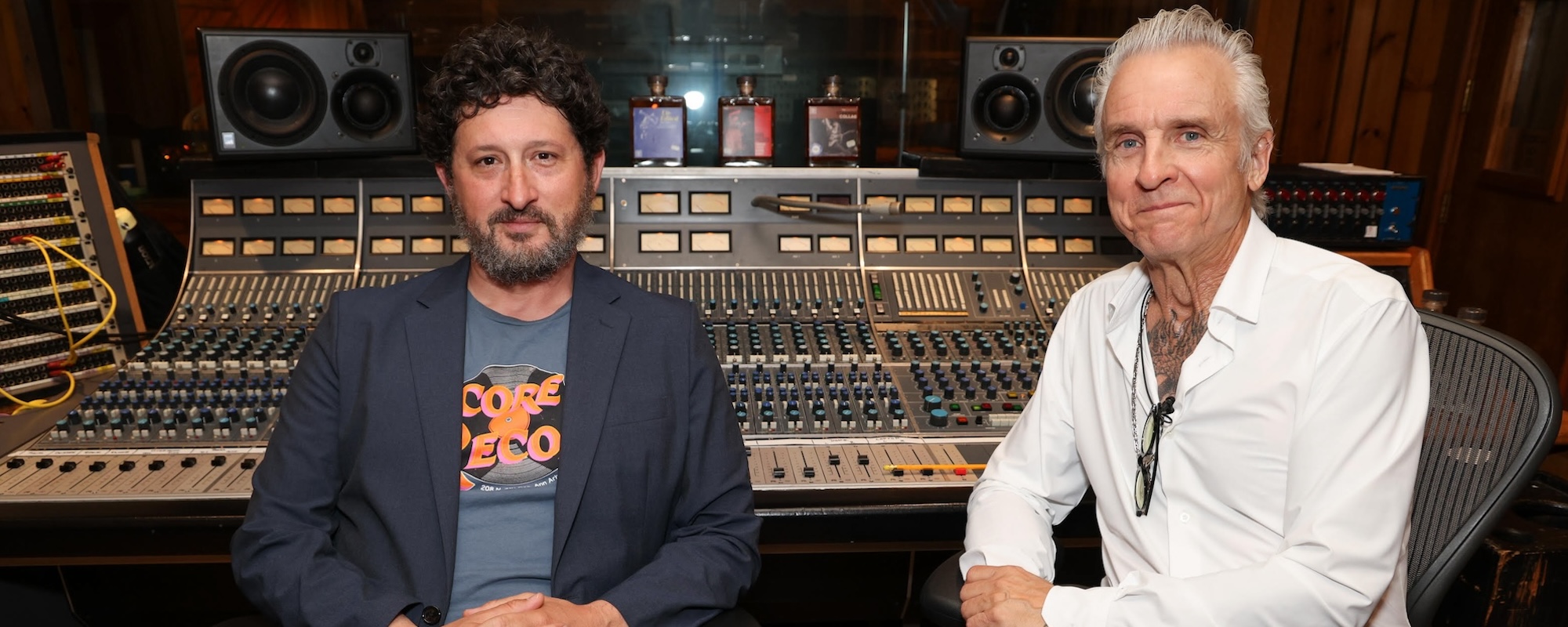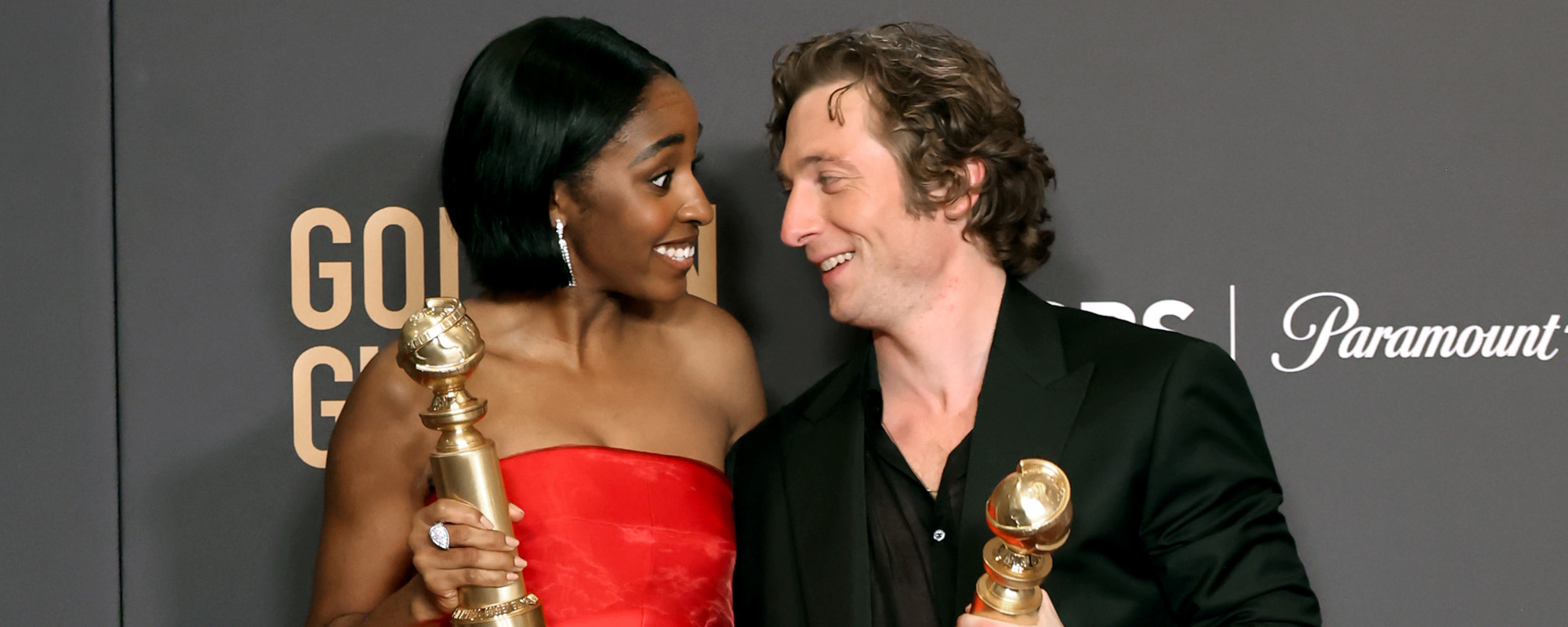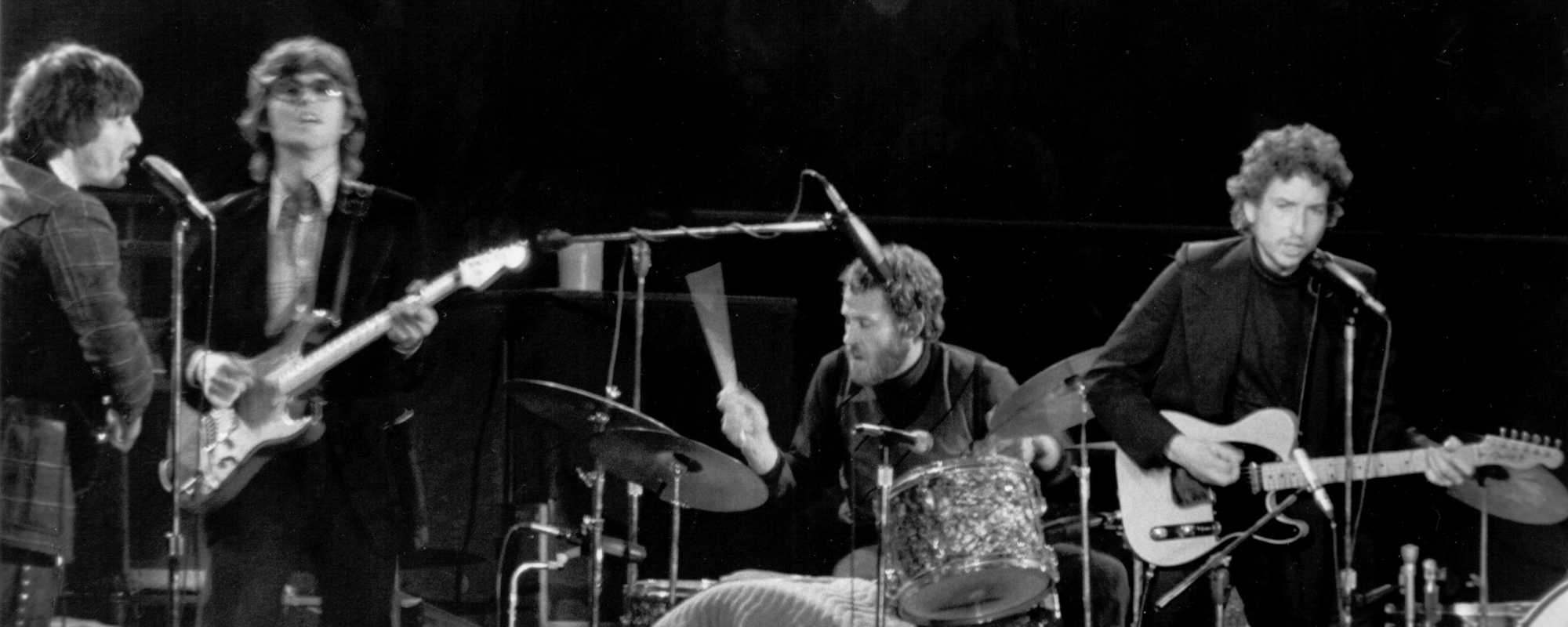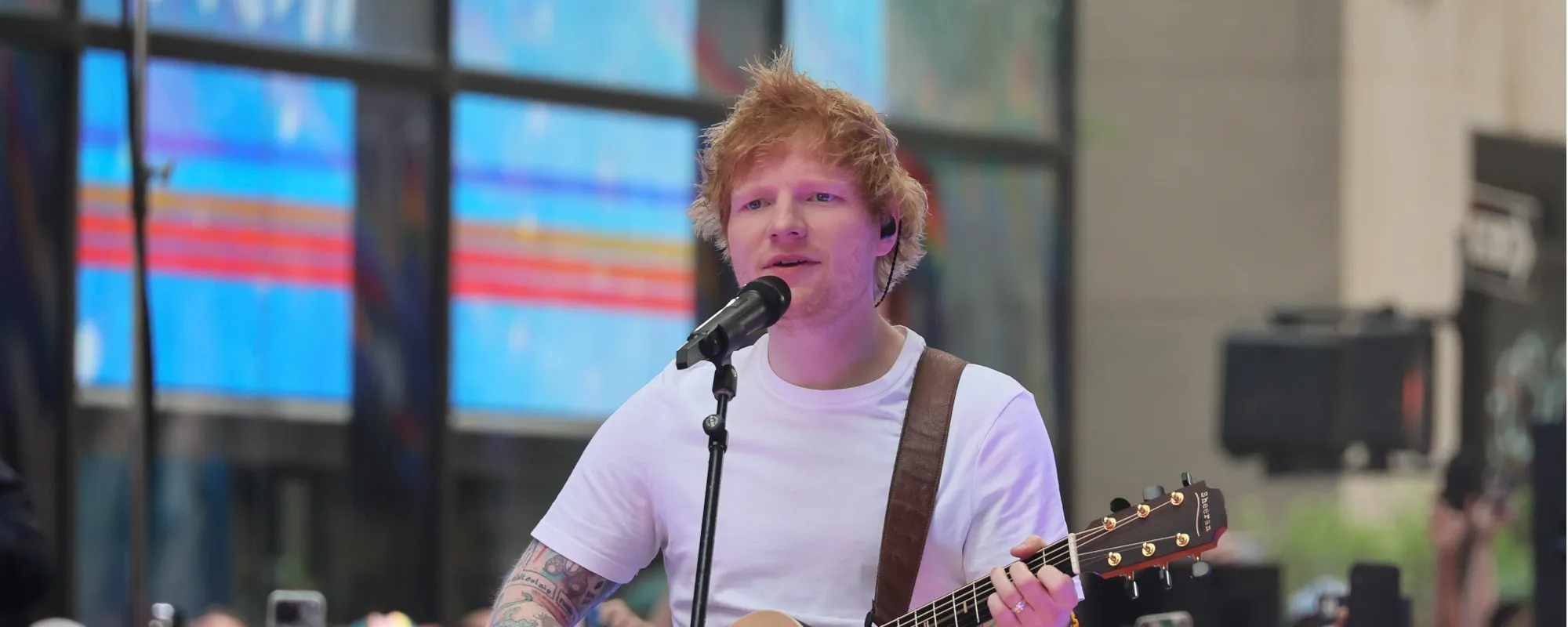“That was my introduction to Patti,” said Michael Dorf of Patti Smith’s 1975 debut album Horses. “There are certain records that just were in rotation sitting in my smoke-filled rec room, and ‘Horses’ was iconic. To me, it was like Carole King and ‘Tapestry.’”
On March 26, Dorf, founder and CEO of City Winery, is celebrating the 50th anniversary of Smith’s monumental release, along with commemorating two decades since the launch of his Music Of concert tribute series at Carnegie Hall in New York City with People Have the Power, A Celebration of Patti Smith, featuring special guests and performances by Chrissie Hynde, Michael Stipe, Kim Gordon, Bill Nace, Susanna Hoffs, Jesse Malin, Ben Harper, Matt Berninger (The National), Courtney Barnett, Sharon Van Etten, Jim Jarmusch, Angel Olsen, The Kills’ Alison Mosshart, Kronos Quartet, Yeah Yeah Yeahs’ Karen O, and more.
Along with the music, the evening will also incorporate Smith’s spoken word pieces, and feature a house band with Flea, Benmont Tench (Tom Petty and the Heartbreakers), Steve Jordon (Rolling Stones), Charlie Sexton, and Tony Shanahan and Lenny Kaye from Smith’s band, who have been involved in the Music Of production.
“This is my 20th year doing this series at Carnegie, and it’s quite a privilege,” Dorf tells American Songwriter. “I feel like a kid in a candy shop when I get to pick the honorees. It started with Joni Mitchell, Bob Dylan, and Rolling Stones.”
Honoring Smith, takes the series to “another level,” says Dorf. “There are a few iconic New Yorkers whom I’ve had a relationship with and I’m in awe as a fan and are part of the reason why I relish and love being in New York.” Along with Lou Reed, who performed at the Knitting Factory—opened by Dorf and Louise Spitzer in New York City in 1987—Laurie Anderson and David Byrne, Smith is another part of the “royalty” from the Andy Warhol scene and the Factory, which had come to an end when Dorf first moved to New York City in the ’80s.
Videos by American Songwriter

“When I came to New York and started the Knitting Factory, it was literally a couple of months after the Factory went away, so I’ve always had this fascination with that whole scene,” shares Dorf. “I always had a weird infatuation with what the New York scene was like right before I came.”
Launched in 2004, the Music Of series started with a tribute to Joni Mitchell and continued on with celebratory concerts around the music of Bob Dylan, Paul McCartney, the Rolling Stones, Carly Simon, Prince, Aretha Franklin, Van Morrison, David Byrne, R.E.M., and left off in 2024 with one to Crosby, Stills & Nash, which closed with a performance by Graham Nash.
“I try my best to pick somebody who’s alive,” says Dorf, who remembers David Bowie dying the day he announced the next Music Of tribute would be to him.
To date, the Music Of series has donated nearly $2 million to music education organizations, including Young Audiences NY, FIXS, Church Street School of Music, The Center for Arts Education, D’Addario Foundation, Sonic Arts for All, Save the Music, Midori & Friends, Grammy in the Schools, the Orchestra Now, and the Newport Jazz Kids.
Though Dorf is open to all charitable partnerships, music education will always at the fore as a recipient of the Music Of series. “There are so many problems in this world from war, medical, climate-related problems, and there are so many things that need fundraisers,” says Dorf. “There’s always something grabbing people’s money, but music education needs it fundamentally because it’s one of the first things to go [in public schools, in particular] when there’s a budget crisis.”

Change isn’t necessary when it comes to the Music Of format, says Dorf, particularly the expansion of the event beyond Carnegie Hall. “If you got a little machine that’s working, and it just needs a little oil and grease every year, why change it,” he says. “I don’t feel this compulsion to do it at Radio City or go to Madison Square Garden or the [Brooklyn] Paramount. It’s one of those rooms that some musicians, who play in much bigger places, have never played. And the juxtaposition of seeing a rock artist at Carnegie is always something extra special.”
For Dorf, the charitable end of the Music Of concerts and other efforts through City Winery, fall into his greater plan of “selfish philanthropy,” a term he coined for his charitable efforts.
“I love a good oxymoron,” jokes Dorf. “With the Knitting Factory, it was hard for people to imagine a giant factory floor with a bunch of people knitting handmade things. It’s an oxymoron. Selfish philanthropy is a way to describe the ability to give and be generous, and all the things that are in the connotation of philanthropy.”
It’s also where Dorf sees the opportunity to use marketing around charity and how both can inspire the other. “I came up with this phrase as a sort of an SOP, a standard of operations, internally in marketing, because every day we get asked to give something by a school, auction, Red Cross—you name it,” he says. “Giving away a pair of tickets or dinner for two in our City Winery restaurants or giving away a bottle of wine or a case of wine, doesn’t cost us that much. But what do we get for it? We get 150 or 200 people walking by and auction table seeing City Winery alongside places like Nobu and the French Laundry for dinner.”
He adds, “It reminds people that we exist and that we’re an okay organization that’s willing to give something away. So the cost is truly selfish, and it’s marketing. We want people to come to City Winery and give us their money. It’s selfish, but we could make a profit for the organization. To me, it’s very easy to be philanthropic with a little reality that there’s a little selfishness to the giving.”

Along with the Music Of series, Dorf recently opened El Bar on Pier 57, adjacent to the New York City Winery location. Since first launching in New York City in 2008, City Winery expanded to nearly a dozen locations across the United States and has become the largest independent music chain in this country.
“We’re in an interesting position if we want to grow,” says Dorf, who says there are dozens of new markets in the U.S. they could explore. “I call it scaling intimacy. My interest is to stay at the 300-seat intimate concert space. I love that setting, but there are 30 or 40 markets in the United States that we could grow into. I want to throw some fuel on the fire and raise some money and grow quickly and try and become a 30 or 40-location live music chain.”
Moving ahead, Dorf also doesn’t see more partnerships between the venue and his philanthropic efforts. “The onslaught of ugliness in the world right now is sad, but it isn’t that hard to be a good person,” says Dorf. “I have to think that it’s in most people’s nature to smile and be nice and not create the acrimony.”
Another “selfish” aspect of the philanthropy is employee retention. “There are so many problems out in the world, and if we can contribute the best we can, maybe it’s selfish because it helps our retention of employees. We have 1,500 employees now and I want them to know that we’re a good company. I want them proud to work with us, because we are ahead of the others out there and that we care about these things.”
Dorf continues, “It’s our responsibility as a business to do our best to push the world forward.”
Photo: Michael Dorf by David Doobinin













Leave a Reply
Only members can comment. Become a member. Already a member? Log in.